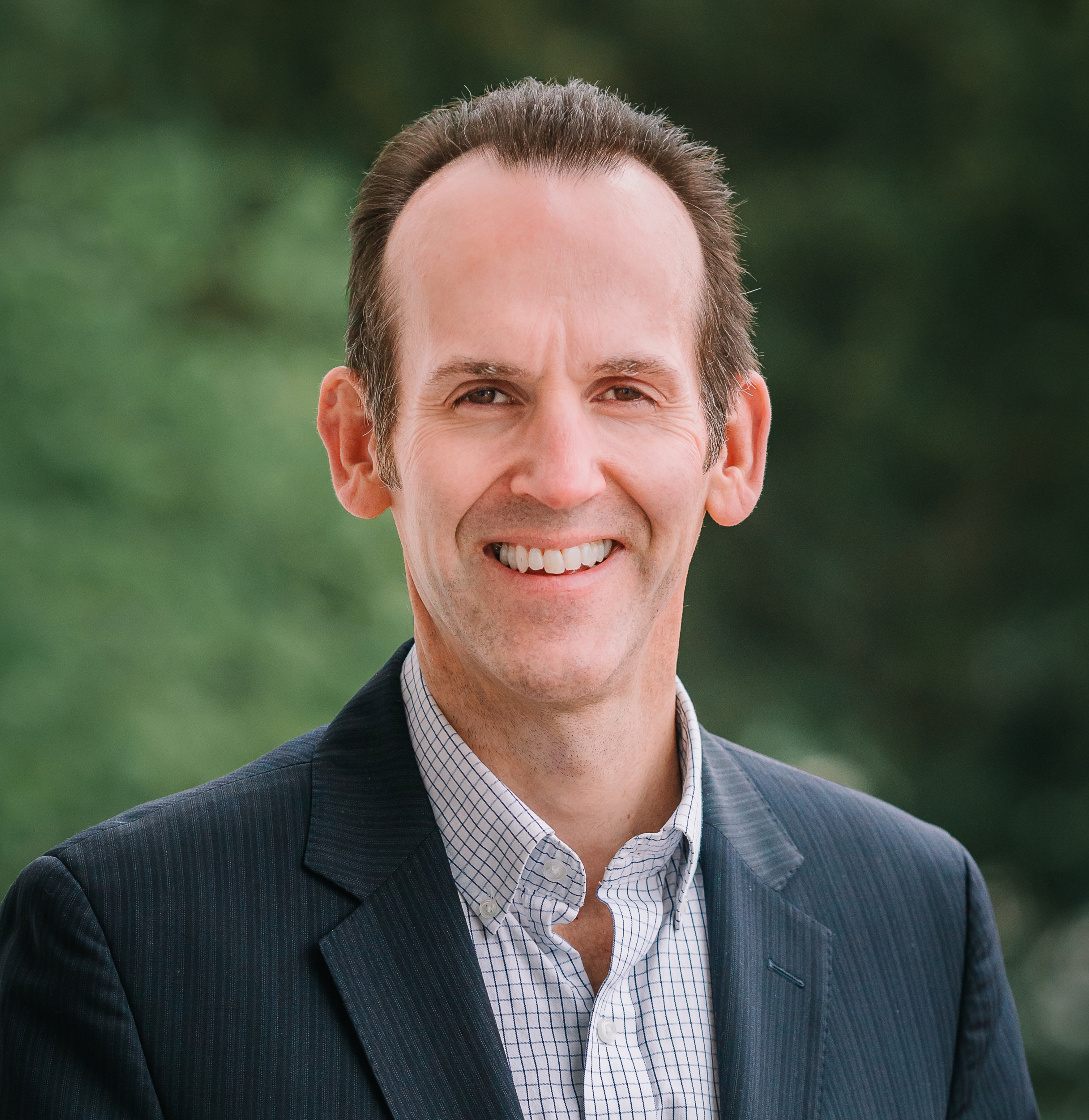
To now change the way words are used (a classic approach of dictatorships since time immemorial; for evidence, read George Orwell's 1984) is at best special pleading and at worst malevolent. It is certainly suspicious.
I remember the moment when I was talking to a Yale University undergraduate. I was pastoring a church in New Haven, where Yale is located. We had many Yale students in our congregation. From time to time, they would come to me to talk about what was going on in their lives or what they were thinking about. I was familiar enough with the territory because I had done my undergraduate at Cambridge, and my Ph.D. at Cambridge, too, and a Research Fellowship at Yale Divinity School. I can empathize with the intellectual challenges of retaining faith and have perhaps learned some lessons along the way that I could pass along.
This conversation surprised me, though. I cannot remember exactly what year it was. Was it 2000? Perhaps. We arrived in New Haven in 1999, and I think it was fairly soon after. I may have the date wrong. At any rate, the student told me that he was being taught something new, and he wanted to know what I thought about it.
What he was being taught was that there was a difference between sexuality (hard-wired by Chromosomes and core biology in every cell in the human body) and gender (which, he was told, was a cultural manifestation). This intrigued me. I listened and sought to understand the argument as he was receiving it. Looking back, given the commonality of such ideas now, it’s fascinating to realize how early this was in the “gender agenda.”
After I listened for a while, I gave him my thoughts. First of all, I said, while, of course, it is true that there are variations of cultural expressions of sexuality, it is special pleading of a rather extreme kind to put a firewall between the terms sexuality and gender. Yes, in Scotland, it is particularly “manly,” even macho, to wear a kilt – when in other cultures, said kilt looks rather like a skirt (but try to tell that to a Scot!). Yes, it is true that the ancient Romans basically went around in dresses (or togas of one kind or another) and initially were scandalized to find the German tribes wearing what we think of as trousers (if you speak in British English) or pants (if you speak in American English). It took quite a long time for the fashion to catch on for men to wear pants, and even longer for it to become common for them to do so. You can see the echo of this still in the way some Christian denominations have their ministers wearing what outside a church would be a dress, which is really a faint echo of ancient Roman clothes of the first or second century AD.
So yes, of course, there are variations of cultural expression of sexuality, but in each of these cases, the point is that they are expressions of that sexuality. No one, then or now, was confused as to whether a person wearing a toga or a kilt was a man or not.
What is more, I said the typical and historical use of the word “gender” is essentially the same as “sexuality,” with sexuality being ascribed to the more blunt end and gender to the more polite end of the lexical spectrum. To now change the way words are used (a classic approach of dictatorships since time immemorial; for evidence, read George Orwell's 1984) is at best special pleading and at worst malevolent. It is certainly suspicious.
Furthermore, I carried on, when we were approached by (what was then) a novel idea, it is important that we dig to the roots of what is being described. Behind all this is a postmodern rejection of objective truth in favor of subjective experience. What is really being argued is the ability for us to define ourselves by our own standpoint view of what is true about ourselves. The trouble with that postmodern argument- and there are many – is that it is self-defeating. If truth is relative, then so is the statement that truth is relative. Therefore, what really happens in practice (I believe I said to that student), if we follow this way of thinking, is that everything just becomes a power battle between different groups vying for prominence. Do you really want to live in a world where everyone is at each other’s throats, and there is no overall foundation of truth around which we can unite?
As I remember, the student was persuaded fairly easily—not because the argument I gave him was so good, but because the contrary position was so self-evidently bad.
Of course, things have moved on a lot since then. But still, it is true that our task is to pursue love and truth, truth and love, in the teaching of the Bible. The apostle Paul argues that this will be the hallmark of a united, growing, and healthy church, one that truths in love.
“…So that we may no longer be children, tossed to and fro by the waves and carried about by every wind of doctrine, by human cunning, by craftiness in deceitful schemes. 15 Rather, speaking the truth in love, we are to grow up in every way into him who is the head, into Christ…” - Ephesians 4:14-15
Photo Credit: ©Pexels/Tim Mossholder










